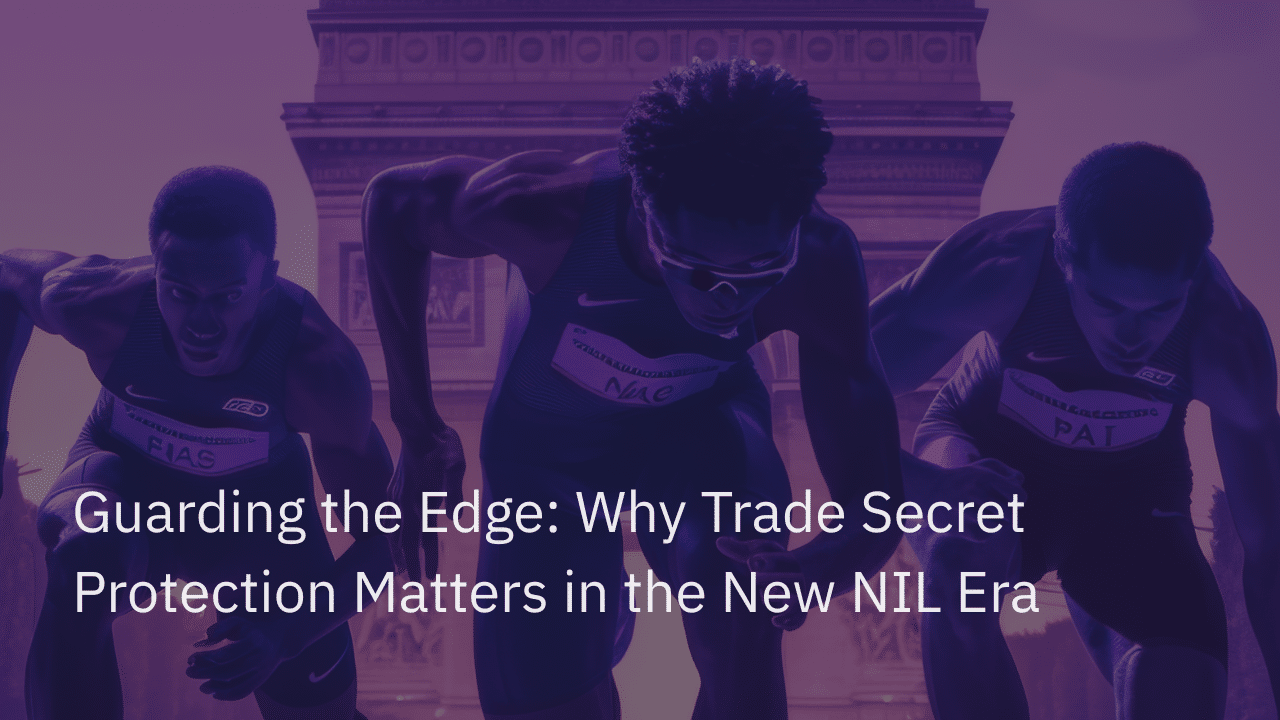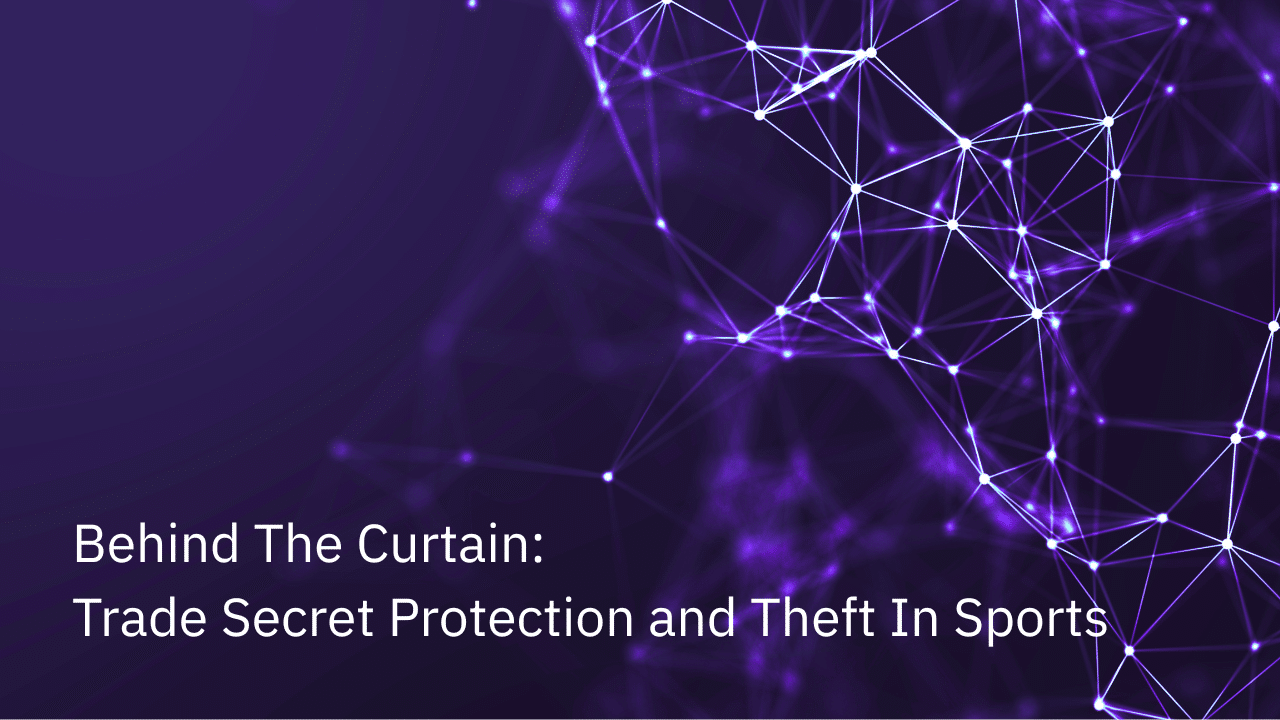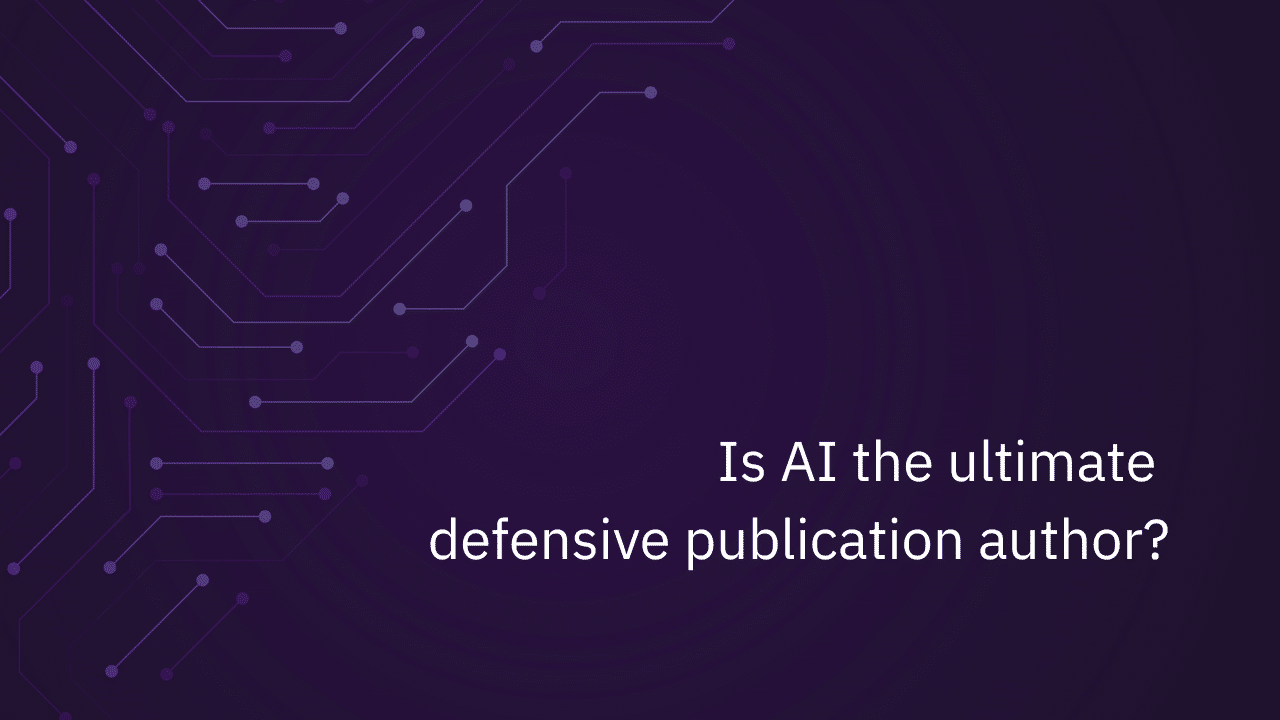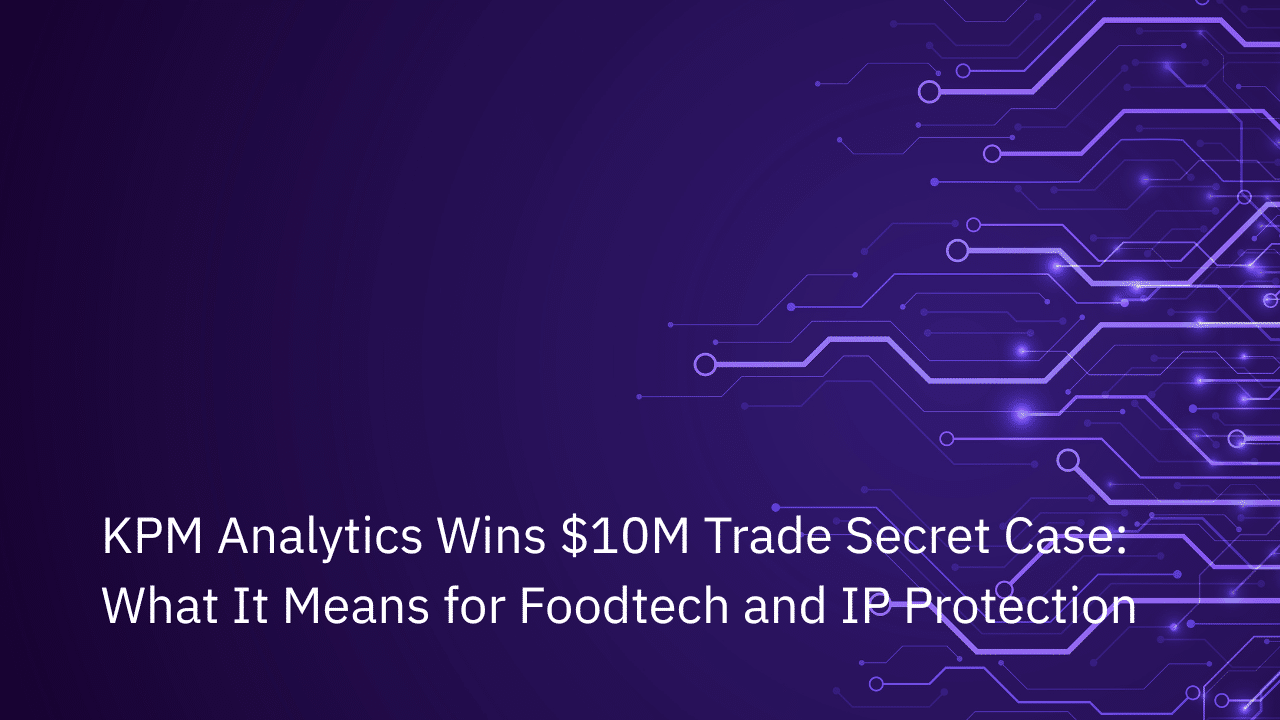Palantir sues ex-employees turned founders of Guardian AI for allegedly stealing trade secrets to launch a competing startup.
Palantir v. Guardian AI Explained
Palantir has filed a trade secret lawsuit against Guardian AI, a healthcare-focused AI startup launched by two of its former employees, in what is shaping up to be one of the most high profile IP disputes of 2025. The case was filed in the U.S. District Court for the Southern District of New York and alleges brazen theft of trade secrets used to build and launch Guardian AI while the founders were still employed at Palantir.
The lawsuit targets Guardian AI founders Mayank Jain and Pranav Pillai, both of whom worked in Palantir’s healthcare division between 2022 and 2024. According to the complaint, the two allegedly took proprietary knowledge developed at Palantir, applied to Y Combinator’s Summer 2024 batch, and launched Guardian AI shortly after leaving the company.
Palantir claims that Guardian AI’s platform, which helps healthcare providers fight insurance claim denials using AI, was built directly on top of Palantir’s own healthcare denial management tools. These tools were described in the filing as AI and data driven software that helps healthcare providers get paid for the services they provide.
The lawsuit outlines how Jain and Pillai allegedly secured $500,000 in startup funding and publicly claimed to have saved customers over $150,000 just weeks after leaving Palantir. There is no mistaking Defendants’ work for anything but a ripoff of Palantir, the suit states.
Palantir is seeking treble damages and attorney’s fees and says it plans to pursue arbitration to claw back compensation paid to the employees while they were allegedly developing a competing platform.
This is one of the first major trade secret cases involving a Y Combinator backed company in 2025 and it underscores how AI innovation, IP ownership, and employee mobility continue to collide in high stakes legal battles.
How to Start Protecting Your Trade Secrets
Lessons from Palantir v. Guardian AI
This case is a reminder that valuable ideas can walk out the door if they are not properly protected. Here are a few simple steps companies can take right now to reduce risk:
Protecting Trade Secrets
- Know what is valuable: Identify the information that gives your business a competitive edge. This can include code, models, internal processes, or product plans.
- Control access: Make sure only the right people can see or use sensitive information. Use permissions, encryption, and access logs.
- Track your assets: Keep a record of when key documents or tools were created and who worked on them. This makes it easier to prove ownership if needed.
- Mark confidential work: Add labels to important documents and files to make it clear they are protected.
- Scan the market: Monitor launches and public materials for signs your proprietary work is being reused.
Where Tangibly Fits In
Tangibly’s platform gives companies a clear way to manage and protect their trade secrets. We help legal and product teams identify what matters, control access, and track ownership across their most sensitive business and technical assets.
From internal workflows to customer data to product code, our system keeps everything organized, labeled, and documented so you can move fast without exposing your IP. Under the hood, Tangibly uses AI to surface hidden risks, connect the dots between assets, and flag weak points in your protection strategy before they become legal issues.
Ready to protect your IP before it walks out the door? Meet with a Tangibly IP Expert today.










